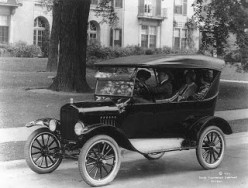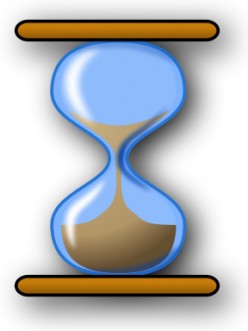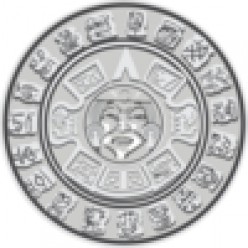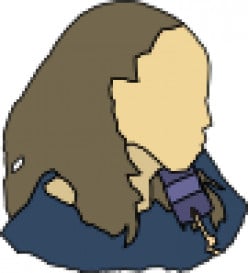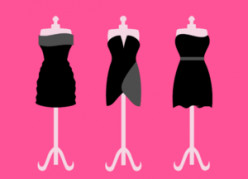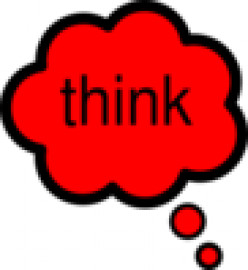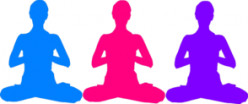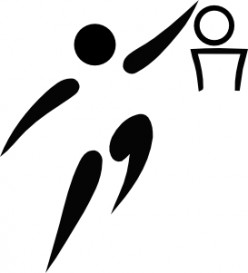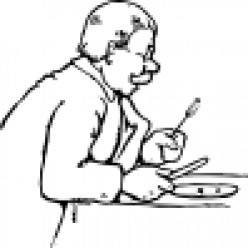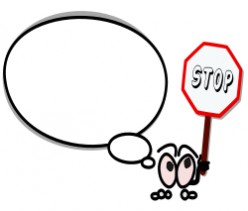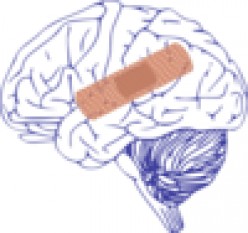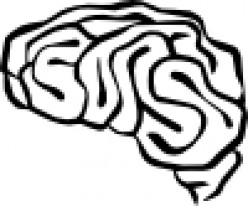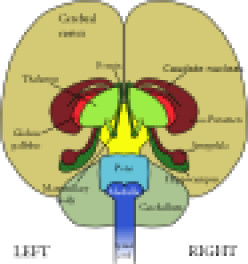 68
68- 3
Are WEN Products Really Worth It? Beauty Economics 101
I have used WEN "cleansing conditioner" for two+ years, BUT not as directed. It works anyway, and my method is economical. Here is a description of my experience.
- 0
Driving Safety for Well-Seansoned (and All Other) Drivers
It is not the age of the driver, but the driver's desire to pay attention, that determines skill as a driver.
- 3
Thinking about volunteering for a charity? Consider these things.
People like us seek an undefinable sense of fulfillment, a connection and purpose. People want to make a difference outside of the parameters of their day-to-day lives. We need to feel a connection; we want a connection. One way to make a connection and seek fulfillment is through volunteering for...
- 3
A Thought Experiment in History and Psychology: Making the Maya Calendar
Couldn't just thinking about how people are and think make it clear that the Maya were not end-of-the-worlders?
- 0
Learning about Learning
The theory of the science of how people learn can be slow going for the non-scientist, but tackling some science can help your non-scientist brain, while providing some understanding about learning itself.
- 0
A to Z of Style: The Book Report
This is a fun little book of quotations about fashion, from the philosophical to the frivolous. Indeed, the book is a piece of "fashion" itself.
- 0
The Power of Habit: The Book Report
Change is difficult for human beings. There are any number of suggestions about how to change, making good habits, eliminating bad ones, and the like. There is, however, a general framework available to assess what to change and how.
- 0
Who's In Charge? : The Book Report
Is your behavior only the product of your biology, or is it a choice made by your independent mind? The author here comes at the question from a different perspective, analyzing behavior as driven by individual choice, but controlled by membership in the species.
- 0
Having More Fun With Your Horse: The Surprise of The Seven Deadly Sins of Dressage
It is the mind or the rider, not just how the rider holds their hands or feet or uses the aids, that produces not only competence, but also enjoyment. Identifying the mental bad habits that produce emotional states that undercut enjoyment can increase both competence and enjoyment.
- 0
Brain Wars: The Book Report
There a number of neuroscience books out that attempt to explain us as human beings through the physiology of our brains alone. We experience reality as more than physiology, however. The author explores the underpinnings of this experience.
- 0
Practice Perfect: The Book Report
Practicing essential skills to mastery is more important than previously known. This is a fact in areas as diverse as basketball and teaching.
- 0
The Tell-Tale Brain: The Book Report
Dr. Ramachandran approaches the study of the human brain from two interesting perspectives. Those perspectives are: how our human behavior may be the result of evolutionary structures present in other living things; and what can be learned when things go very wrong in the human brain.
- 0
Parisian Chic: The Book Report
This is a fun, easy to examine "shopping style guide" of Paris.
- 0
Weight Loss Boss: The Book Report
Everyone who wants to lose weight knows that weight loss occurs between the ears before it occurs elsewhere. Here is a helpful model.
- 0
Exercise and "Less is More": the book The First 20 Minutes Explains Remarkable Research
Exercise science advances almost daily, it seems. The author describes current research: not just the generally known, but also the variety that may call the generally known into question.
- 0
The Writer's Notebook II - The Book Report
Personal experience of others may help fellow authors hone skills. The articles here comprise the considered and focused examination of their authors in the application of theory to practice.
- 0
Quick & Easy Fortified Waffles/Pancakes
I have been time- and effort-tested in the battle to feed finicky eaters. As a fellow warrior in this field, I feel a responsibility to share my theory of picky eating, my strategy for counteracting it, and a well received breakfast recipe that contains some nutritional "oomph.".
- 0
Dealing with Adult Acne
My mother told me when I was in my teens that my acne would go away when I was about 18. Well, I am 40+ and still waiting. I have tried about everything, including red to blue light. Nothing has worked for me like the regimen I describe.
- 0
Addiction: A bad habit, or something more?
The author analyzes addictive behavior of all stripes, but from a broader perspective than the "12-step" scenarios. Dr. Dodes' careful and thoughtful analysis, based on his experience and understanding as a professional, should inform any inquiry into the functioning of the human mind.
- 0
The Truth About Style: The Book Report
"Style" books can be daunting and intimidating. Ms. London's book is neither. She deals with real people and real clothes, in her own "style."
- 0
This Is How: The Book Report
There are lots "self help" of books out of the "touchy-feely" variety. This isn't one of them. The author is hard-headed, to the point in his self-examination, interesting (even funny), and helpful.
- 0
Subliminal: The Book Report
Books on the interplay of the brain and the mind, or that address whether there even is such a thing as the "mind," are not unusual. This one, however, contains informative and useful analysis of not only science, but the history of science of the brain, with evolutionary analysis as well.
- 0
The Healthy Aging Brain: a book from Scientific American
Accessible books on the topic of brain health can be hard to find. This book not only is accessible and easy to read and understand, but has "Scientific American" in its title.


